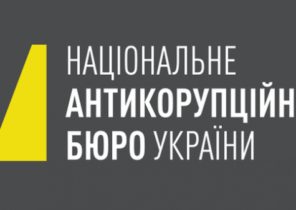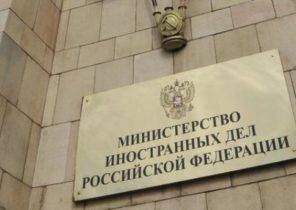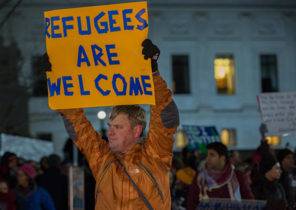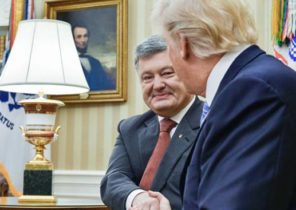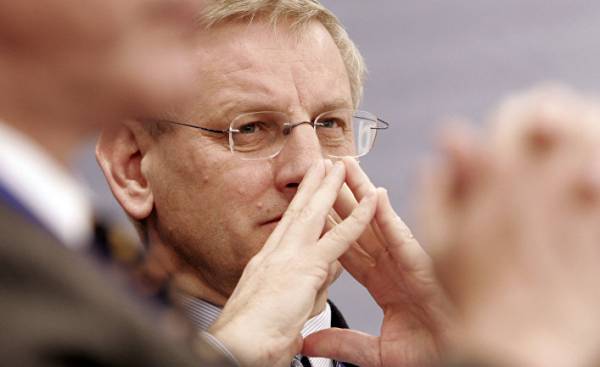
Well-known Swedish politician Carl Bildt said that the history who fought against the Soviet occupiers of Lithuania partisans too little known to other Europeans. According to the former Prime Minister and Minister of foreign Affairs of Sweden, the history of resistance and the Baltic countries have for too long been concealed.
“History “flattering brothers” — part of the history of modern times our part of Europe. Its too long concealed,” wrote Bildt on the social network Twitter where he has over 600 thousand subscribers.
Guerrilla war in the Baltic States began when in the summer of 1944, Soviet troops drove Nazi occupiers and the second time they themselves occupied the Baltic States. Then immediately began the Soviet repression, terror and mobilization to the Soviet army.
Partisan detachments were created in Lithuania in the late summer of 1944. About 30 thousand partisans were active almost the entire territory of Lithuania, except in the cities. They participated in armed clashes with units of the NKVD, the disruption carried out by the occupation authorities elections, fired at polling stations, fought against the forced creation of collective farms.
Guerrilla military courts tried and passed death sentences to the perpetrators of the links, Soviet officials and spies. After the Soviet authorities had blocked the flow to Lithuania free information from the external world, in the districts was created an office of information and press, for the entire period of guerrilla warfare was published periodicals 80 names, said in a concise “History of Lithuania”, published in 2013 by order of the Ministry of foreign Affairs.
To combat the partisans in Lithuania were placed numerous divisions of the NKVD, when they were created destroyer battalions, the participants of which the Lithuanians were called “strabisme”. Repressive structures were sent to Siberia, families of partisans, half-dressed bodies of the dead guerrillas were thrown into the Central squares of cities. Organized by the fight ended in the spring of 1953. NATO recently created a short film, giving an idea about the partisan movement in the Baltic States.
The propaganda of the Soviet authorities tried to discredit the members of the resistance, presenting them as Nazi collaborators and calling them bandits. These arguments, criticizing the film NATO in recent days began to repeat and the foreign Ministry. Lithuanian officials rejected this criticism, emphasizing that “advice” at the beginning of world war II collaborated with Nazi Germany, and a guerrilla war began after the defeat of the Nazi regime.
